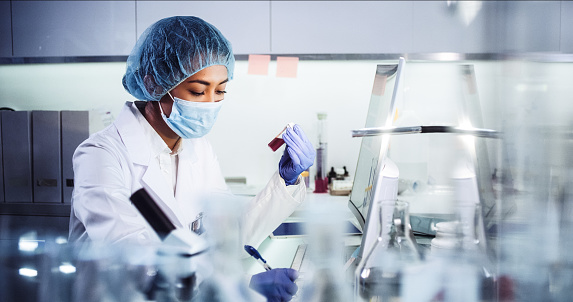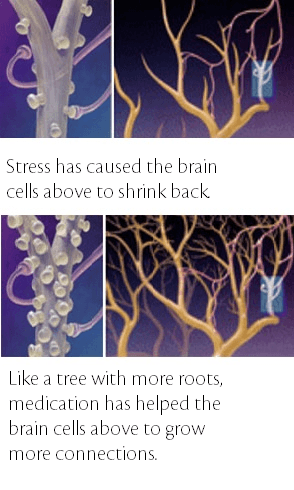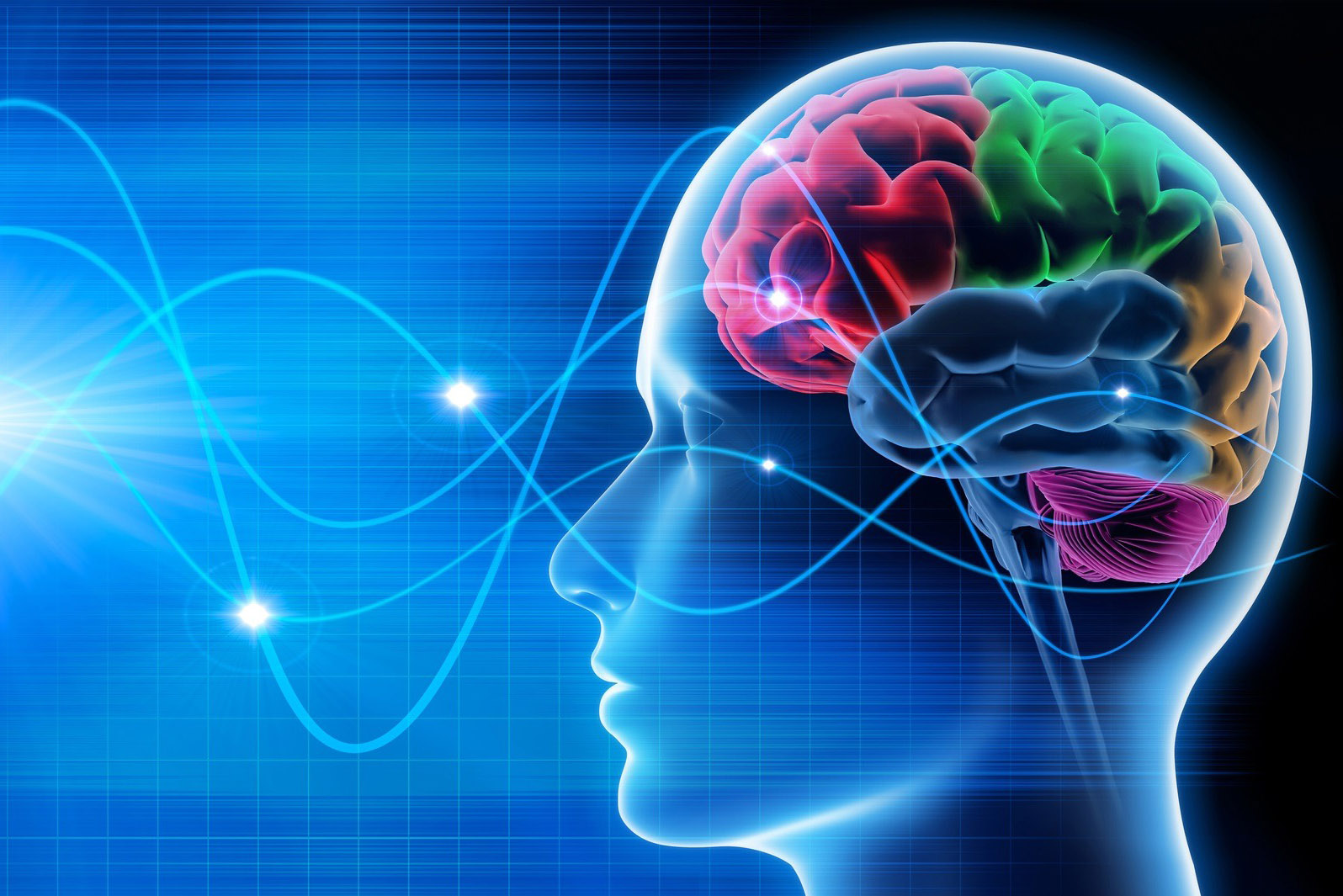
Careful Assessment
Mental health deserves the same care as physical health. Our center has worked with research teams at Harvard, Duke, and UNC-Chapel Hill to develop tests that predict how people will respond to medications, and we’ll use that type of careful assessment to help you find the best treatment.

Genetic Testing
Genetic testing can help identify better options when people don’t respond well to antidepressants. We began using genetic testing in 2013 and are encouraged by the rapid growth in research in this area.


Brain protection
Stress doesn’t damage the brain, but it can cause brain cells to shrink back. We look for treatments that strengthen brain cells and help them form new connections, allowing people to think clearer, feel better, and handle stress more effectively.
That process is called neuroprotection, and medication is not the only way for it to happen. Therapy and Lifestyle changes can strengthen the brain as well. Our center is involved in research in neuroprotection, and contributed a chapter to the first textbook on the subject.

Beyond Medication: TMS
Transcranial magnetic stimulation (TMS) uses magnetic fields to activate the parts of the brain involved in depression. It can work when antidepressants have not and is better tolerated than most medications.

Medicine Options
People with mood disorders can expect a full recovery. Sometimes it takes the right mix of medications and lifestyle changes to bring that about..

Antidepressants are just one of the many treatment options for depression. Read more about dopamine treatments, augmentation agents, and natural and lifestyle options in our treatment menu.
Anxiety is a complicated area where most medications that improve anxiety can also make it worse. Careful diagnosis is needed to find the right treatment. Read more about the full range of options for anxiety on our treatment menu.
We work with people to address the underlying cause of their sleep problems so they don’t get stuck on sleep medicines for life. Our treatment menu for insomnia includes medications, natural treatments, behavior therapies, and devices that help ease the brain into sleep.
Depression is the most common face of bipolar disorder (unfortunately the manic ups are actually very rare). In the 1990’s there was only one effective option for bipolar depression: lithium. While that remains a very good choice for many people, we’re happy to see that over 20 treatments are now available. Read More on our treatment menu.
Obsessive Compulsive Disorder (OCD) makes people worry about things being just right and doubt themselves endlessly. It is usually treated with antidepressants and behavior therapy, but there are many new options to explore in our OCD Treatment Menu.
Our full menu has options for ADHD, eating disorders, addictions, memory problems, psychosis as well as depression, bipolar, anxiety, and sleep.
Mood stabilizers prevent the stormy cycles of depression, mixed states, and mania. Read More on our treatment menu.
Medications for Addictions
Your therapist can help you decide if medication would be helpful and will work closely with your medical provider. Medications can reduce cravings and withdrawal symptoms, including:

Bupropion (Wellbutrin)
Varenicline (Chantix)
Clonidine and guanfacine
Nicotine replacement therapies (patches, gum, etc)
TMS (a magnetic therapy that helps in smoking cessation).
Acamprosate (Campral)
Disulfiram (Antabuse)
Naltrexone
Baclofen
Clonidine and guanfacine
Gabapentin (Neurontin)
Topiramate (Topamax)
Zonisamide
Naltrexone
Clonidine, and guanfacine
We do not prescribe opioid replacement therapies (e.g. methadone, Suboxone) but can help you connect with someone who does.
N-Acetylcysteine
Gabapentin (Neurontin)
Citicoline
Mirtazapine
Modafinil
Topiramate (Topamax)


